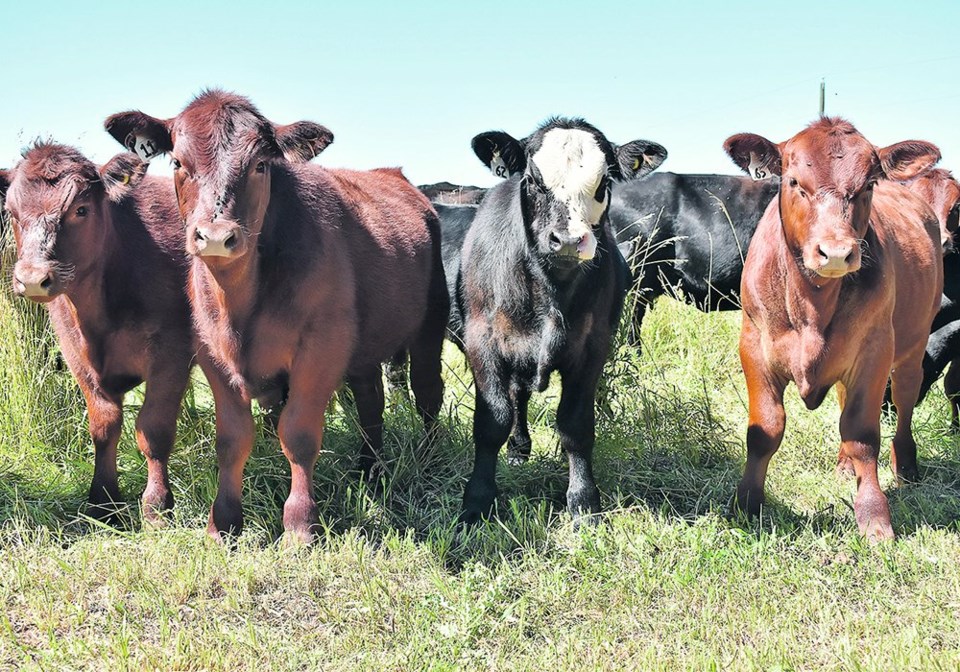Those of us who have been around awhile can remember the first intranasal vaccines for IBR that were safe to give pregnant cows to prevent abortions from the virus.
At one time we gave them to mature cows in old chutes with poor head restraints, and it was a painstaking chore. Now cows are given killed vaccines or modified live vaccines for IBR before being bred.
Intranasals have come a long way since those early days and are more often used on very young calves or cattle entering feedlots where quick immunity is necessary.
There are two intranasal products used in young calves primarily to prevent respiratory disease. Inforce contains the viruses IBR PI3 BRSV and the other contains two of the bacteria involved in bovine respiratory disease, Mannheimia hemolytica and Pasteurella multocida.
Some producers use the viral intranasal vaccine and others are more comfortable using the bacterial product. Some have used two separate intranasal shots to help prevent the pneumonia that is common in a calf’s first few months.
One company has combined these two products in one formulation that is given in one nostril. Intranasal vaccines bypass any interference from colostrum and give pretty good immunity in only a few days.
More than half the bovine respiratory disease cases have both bacteria and viruses involved, so having a combined product makes sense.
This product also comes with what is called a blue shadow diluent. You will see blue coming from the calf’s nostril to show it has been applied.
The product is approved for calves one week and older and is called Nasalgen 3-PMH. The name indicates it has three viruses and two bacteria that provide coverage for the five most important pathogens that cause BRD complex in calves.
Issues with pneumonia in young calves can result from high exposure or the failure to get adequate colostrum. Even if respiratory disease is caught early and treated successfully, the calves’ performance later in life is almost always decreased.
Now producers are getting used to giving intranasal shots and find them generally easy to administer and it avoids another needle. Many will give it to very young calves when they tag or otherwise handle their animals.
Note that this vaccine and all other intranasal vaccines do not contain BVD. The calves will need a subsequent injectable shot later in life and a veterinarian can advise on that.
The research on this vaccine indicates the duration of immunity for each of the products it contains. We have found that with other vaccines, including the modified live ones given by injection, the BRSV has the shortest length of immunity at 78 days and IBR has the longest at 195 days. Subsequent modified vaccines containing the same things will booster this immunity.
Research has also shown this vaccine is not temperature sensitive so the immune response will occur even if administered on hot days or to an animal with a fever.
In my opinion this vaccine can be used in addition to the usual program and as support for the parental vaccines given at turnout. The real convenience is having it all in one simple intranasal shot.
If BRSV, for instance, is a real problem, then vaccines must be more frequent. Ease of administration and safety to that young calf is paramount. If you are already using an intranasal vaccine, this is a minor switch with broader coverage.
As with any vaccine, discuss it with a veterinarian to make the best selection.
Roy Lewis works as a veterinarian in Alberta.




